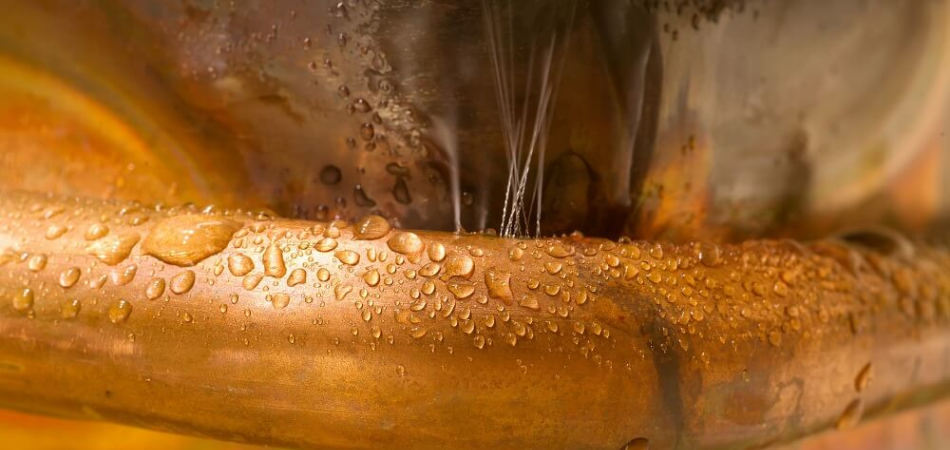There are some mixtures you should not try when it comes to plumbing work. You need to ensure you take conscious effort to avoid them because some can lead to rust and some total damage. So, what happens when you mix iron with copper? Does iron corrode copper?
Yes, iron corrodes copper. The corrosion process is most noticeable in areas where the iron and copper come together in a wet environment, such as a leaky pipe. When water is present, and an electric current flow between the two metals, corrosion occurs quickly.
Iron and copper are two common elements that most people will encounter in their daily lives. Chemically, iron is one of the least reactive of all metals, barely rusting even in the presence of moisture and oxygen. Copper, on the other hand, is much more reactive than iron.
To find out more information on this topic regarding how corrosion can be prevented, how to choose the right metals, and the right combinations to consider, you should read further.
Contents
How Can Corrosion Be Prevented?
Preventing corrosion is better than removing or replacing the affected area, here are some ways to prevent corrosion in metals :
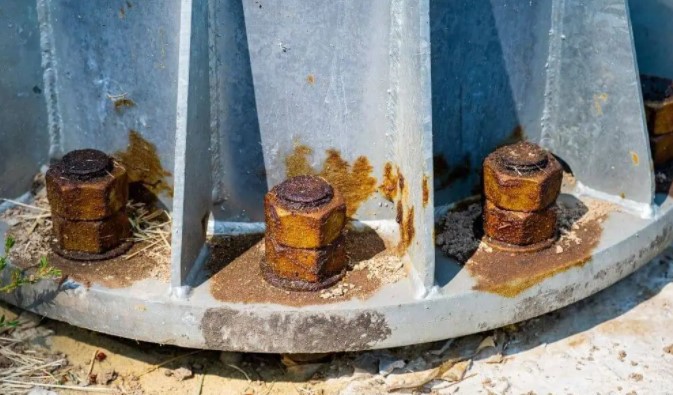
Removing moisture
Water is a primary cause of corrosion in metals, steel and copper. It is important to get them far away from water. Also, for those operating water or plumbing systems, regular cleaning your pipes can extend the lifespan.
Excluding oxygen
You should also try to remove oxygen from metals by putting your metals in places where there is argon an unreactive water.
You can also use a dessicant to exclude water from metals. Desiccants are chemical substances which absorb moisture and keep your metal dry.
Painting
Using paints on metal is an excellent solution to prevent copper and iron from corroding easily. However, note that not all paints work well, therefore using Varnish is ideal to prevent rust.
Oiling and greasing
You could also use oil and grease on your metals. These oils will increase the resistance level of your metals to atmosphere elements.
Plastic Coat
Covering is a good way to prevent rusting and corrosion in metals. Coating your metals with compounds and elements can serve as a guide to further rusting.
Metals That Are Highly Resistant To Corrosion
While iron and steel rust, there are some metals which takes time to corrode like copper, they include :
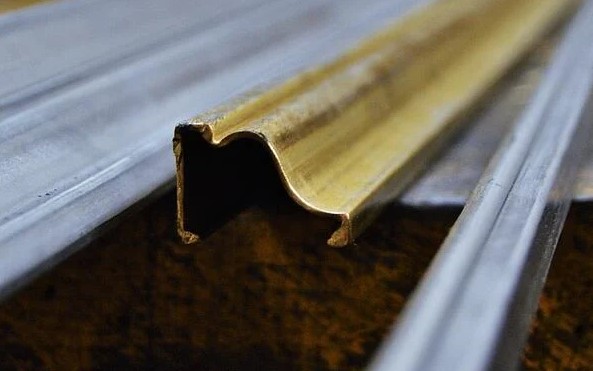
Bronze and Brass
These metals have little irons, therefore they don’t rust but react negatively to iron which results in corrosion. Since bronze has a mixture of tin and copper it also has some form of Patina which protects it.
Like copper, it takes time for brass to corrode because it is an alloy which has highly resistant elements.
Galvanized steel
Unlike regular steel, galvanized steel takes a while before they succumb to rust. However, after a while, it will still suffer rusting. Galvanized steel is carbon steel which is coated with thick layers of zinc.
The zinc coating acts as a barrier which pushes back water and oxygen from reaching the steel surface. This process is known as cathodic protection where zinc oxide helps prevent steel from rust.
Aluminum
Many aeronautic equipment like helicopter and airplane parts are designed from aluminium. This happens because it is durable, highly corrosive-resistant and very lightweight.
Aluminum doesn’t have any iron deposit, therefore it cannot rust, but because it oxidizes the alloys are susceptible to corrosion.
What is Copper Corrosion?
Copper Corrosion entails when copper or its alloys are corroded due to reactions with other elements. When copper is exposed to atmospheric conditions, copper will definitely oxidize which usually causes its surface to brighten.
When this goes on for some time the surface of the copper changes from black to green which many call Patina.
There are many types of copper corrosion, and they are uniform, pitting, non – uniform and galvanic. Lets explain them here :
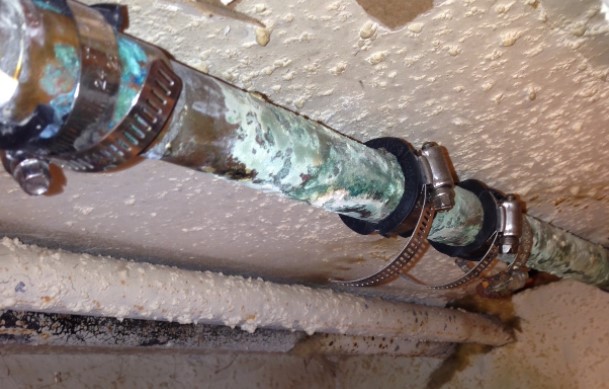
Uniform corrosion
This happens in the presence of a uniform layer of protection through the exposed part of a copper pipe. This is usually associated with copper used in higher levels in a building.
Pitting corrosion
This type is familiar with plumbers. Pitting is when the copper material comes in contact with compounds like bromide ions and chloride. Pitting usually happens in closed and little areas making them hard to spot.
When this corrosion happens, it softens the outer surface and water starts to leak. These copper leaks are problems because often it is discovered later and it would be hard to manage.
Galvanic copper corrosion
This type of copper corrosion happens when coppers are connected with steels or other metals like aluminium. Many times, there are connection issues during installation and this may cause corrosion.
Non-Uniform corrosion
This is an isolated type of corrosion where copper cells corrode across the face of pipes. This is an escalated type of pitting corrosion and can cause pin holes leaks in water surfaces.
Conditions Which Can Aggravate Copper Corrosion?
While corrosion in copper is inevitable, there are some certain factors which can aggravate it :
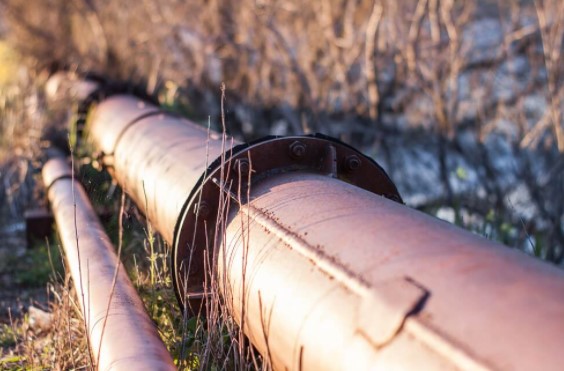
Aggressive soils
Some soils are toxic and have abnormal reactions and this might cause rust in metals and corrosion in copper.
Faulty electrical design
Some electricians can do a shoddy job while working with copper wires, this poor workmanship can hasten corrosion in coppers.
Air pollutants
Some polluting compounds like H2S can cause adverse change in the surface of copper properties.
This will eat slowly into the skin of the copper and cause rapid copper corrosion.This also lowers adhesion emitted by alloys or other resins paste.
Joining copper with other metals
Some people tend to couple copper with steel and aluminum and this might cause galvanic corrosion. When copper is mixed with other materials, it loses some of its resistance properties and this hastens corrosion.
Cyanides
Many use cyanides to flush their copper pipes because they believe it works best. However, regular usage of cyanides can be harmful to copper pipes because the toxic cyanide wear off the protective layers in copper.
Conclusion
Iron can negatively affect many alloys and metals when exposed to some natural elements.
Therefore, Does iron corrode copper?
Yes, iron can corrode copper when they are exposed together. Iron usually affects the thick layer of coppers and wears off the skin which can hasten corrosion in coppers.
There are many types of corrosion in coppers and they include pitting, uniform, galvanic and non-uniform, they are caused by several environmental and human factors.

